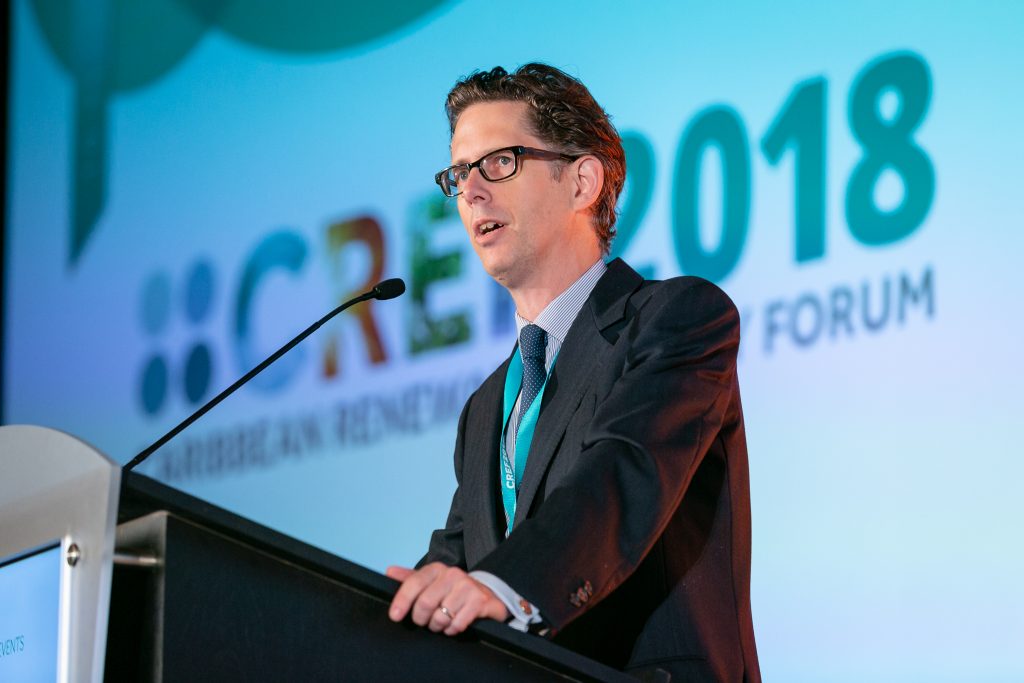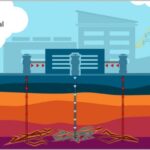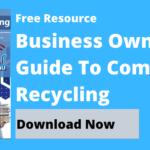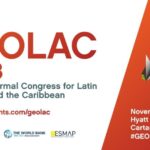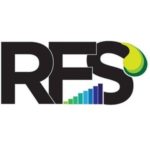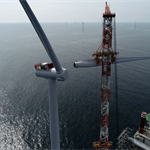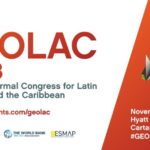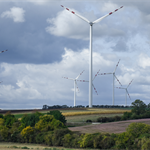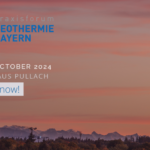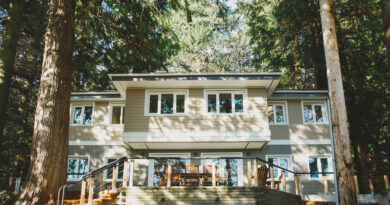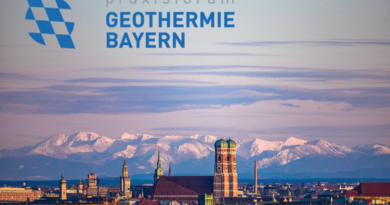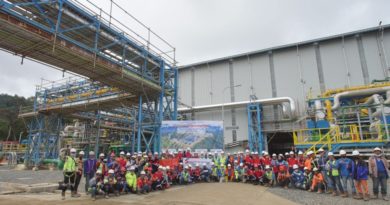Going virtual – Interview with Matt Perks on the upcoming GEOLAC event
Energy Disrupter
Checking in with Matthew Perks of New Energy Events, we learn more about the challenges of holding events and his team’s upcoming GEOLAC event, Sept. 15-17, 2020.
The covid-19 pandemic has affected our lives profoundly and also how we interact professionally. For a lot of us, meeting colleagues at industry events has been a key element of doing business, engaging on business opportunities and exchanging thoughts on development either regionally or globally.
While often talking about the industry, likely the most directly affected have been the entities organising events. One of them is New Energy Events, led by Matthew Perks. Having worked together over many years, we wanted to check in and hear how the situation has affected his business and how they are adapting. With the announced virtual Geothermal Congress for Latin America and the Caribbean (GEOLAC) event – Sept 15-17, 2020, it was timely to check in and hear how things are going.
How has Covid-19 impacted New Energy Events?
It’s been a ride. We took a decision very early on to run all of our events virtually. Like others in the market, at first we weren’t entirely sure what the difference was between a webinar and a virtual conference. But we took the leap, and invested in a bespoke virtual platform and then spent a couple of months as a team trying to figure out how to optimize the platform so that we could run a robust event for our sponsors, speakers and attendees. Proof of concept came last month when we ran an event for the Puerto Rican market. And it was nothing like a webinar, it was a much richer experience for everyone involved.
How so?
Done right, a virtual conference enables a much deeper level of engagement for participants than a webinar. You can turn your camera on, interact, ask questions, set up meetings, move from discussion to discussion. In many respects it’s much closer to an in-person conference than it is to a webinar. Even the networking surprised us on the upside. Don’t get me wrong, it’s still a far cry from a handshake and eye to eye contact. But it’s the next best thing.
So you’ve decided to move forward with GEOLAC?
You’re either in the market, or you’re not. We’re in it. In view of which, we had no choice but to run GEOLAC. The IDB and the World Bank, and various other of our partners, were of the same mind so we’re working together to bring regional and international stakeholders together for the discussions that the industry so urgently needs.
Why urgent?
Let’s be honest with ourselves: progress has been slower than we all hoped. And if it was competition from oil 10 years ago, today it’s competition from gas, solar and storage and wind. All those industries are moving aggressively and making headway. Geothermal needs to make its case assertively, and not just at a national level – but also to the mining sector, for example. And then there is a strong case to be made for direct uses. As a general point, the industry needs to do a better job of marketing itself. Look at the phrase direct uses, for example, who came up with that? Why not clean, green heat?
What can participants expect from GEOLAC?
The agenda is very robust and so they’ll leave with the obvious, by which I mean a strong sense for progress on geothermal projects and programs across Latin America and the Caribbean. They’ll also be able to grill our stakeholders in a way that’s every bit as effective as an in person event. For those of our participants who are willing to take the plunge and turn their cameras on, there are also real opportunities for networking. We saw this in action at our last event, and it works.
How can participants make the most of GEOLAC?
Dive in, take the plunge, don’t sit on the sidelines. We’ve spent months figuring out how to make this work for everyone. The platform works. And the more our participants engage with the event, the more they’ll get out of it.
What do you think the future holds for industry conferences?
I think we need to expect to be virtual for a considerable time to come. But all of us are figuring this out, we’re getting good at it, both the organizers and the participants, and there’s no doubt it will impact the way in which we think about events post-Covid. Personally, I’d like us to be running a mixed portfolio of in-person, hybrid, and virtual events on an annual basis. And let’s not forget, as an industry we’re all trying to do our bit to decarbonize. Virtual conferences are not just effective, they are much, much cleaner.
ThinkGeoEnergy is again a proud partner to the GEOLAC event. We thank Matt for taking the time and whish him and his team all the best for the virtual GEOLAC September 15-17, 2020.
To read more about the exciting program and speakers, see the conference website.


